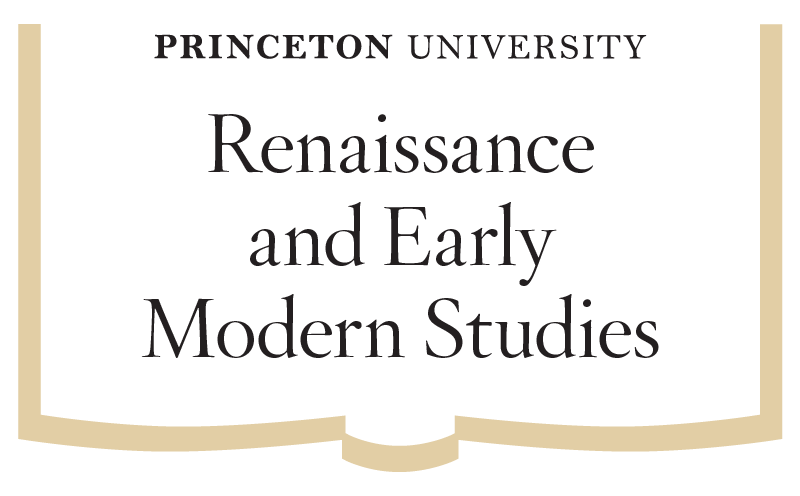
Confusion, Nonsense, and Consciousness: Poetry as a Source for a Novel Theory of Subjectivity
Markus Gabriel University of Bonn
September 12, 2023 · 4:30 pm—6:00 pm · 010 East Pyne
Renaissance and Early Modern Studies and the Eberhard L. Faber 1915 Memorial Fund in the Humanities Council

For millennia, philosophers have dedicated themselves to advancing understanding of the nature of truth and reality. In the process they have amassed a great deal of epistemological theory—knowledge about knowledge. But negative epistemological phenomena, such as ignorance, falsity, illusion, and delusion, are persistently overlooked. This is surprising given that we all know how fallible humans are. An important exception to this rule is Spinoza who offers important resources for a novel theory of subjectivity according to which to be a subject is to be wrong about some parts of reality (including oneself as a subject). In my lecture, I will argue that Spinoza was right to establish a connection between confusion and human mindedness. Moreover, I will follow in his footsteps by showing how poetic speaking and thinking are able to articulate the nature of human subjectivity (being wrong) by sidestepping the standard conditions of sensemaking.
Markus Gabriel holds the chair for epistemology, modern, and contemporary philosophy at the University of Bonn. At Bonn he is the director of the International Center for Philosophy and the interdisciplinary Center for Science and Thought. He earned both his Dr. phil. and his habilitation from the University of Heidelberg. Before moving to Bonn, he taught at the New School for Social Research. He has been a visiting professor and a fellow at UC Berkeley, Stanford, NYU, Paris 1-Panthéon Sorbonne, among other places. He is a recipient of an Alexander von Humboldt fellowship for experienced researcher and of the Paolo Bozzi award for ontology. His most recent books include Fictions (Cambridge: Polity, 2023) and his forthcoming Sense, Nonsense, and Subjectivity (Cambridge, MA: Harvard University Press).
Sponsored by the Eberhard L. Faber 1915 Memorial Fund in the Humanities Council.












